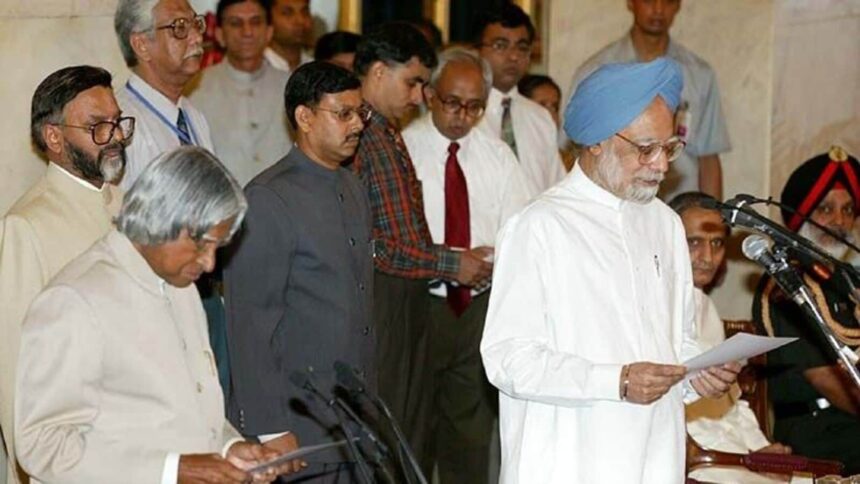The Enduring Legacy of Manmohan Singh: Shaping India’s Future through Economic Reforms
On December 28, 2024, India mourned the loss of one of its most pivotal leaders, former Prime Minister Manmohan Singh, who passed away at the age of 92. Renowned internationally as a towering statesman and a pivotal force in India’s economic transformation, Singh’s legacy is one that has fundamentally reshaped the landscape of Indian economy and society. His policies and vision continue to resonate profoundly as the nation charts its course for the future.
Early Life and Political Ascent
Manmohan Singh was born on September 26, 1932, in Gah, Punjab (now in Pakistan). He pursued economics at the University of Punjab, later earning a D.Phil from the University of Oxford. Singh’s academic excellence led him to the Indian government, where he served in various capacities, culminating in his appointment as the Finance Minister in 1991. His proactive approach to economic reforms during a period of severe balance of payments crisis set the groundwork for liberalization in India.
Economic Reforms and Liberalization
Singh is often heralded as the architect of India’s 1991 economic reforms, a historic pivot from a closed economy to one that embraced globalization. His policies included deregulation, the reduction of import tariffs, and the privatization of state-owned enterprises. These reforms spurred unprecedented growth, lifting millions out of poverty and establishing India as a rising global economic power.
Under Singh’s leadership, the Indian economy witnessed substantial improvements, with GDP growth rates averaging around 8% during his tenure as Prime Minister from 2004 to 2014. His decisions contributed not only to economic growth but also established a framework for social welfare initiatives aimed at improving education, healthcare, and rural development.
Political Landscape and Governance
Beyond economics, Manmohan Singh’s tenure was marked by a commitment to maintaining democratic values and fostering integrity in governance. Despite challenges, including criticisms of his leadership style and coalition politics, Singh remained a respected figure known for his principled approach. He championed several landmark legislations, including the Right to Information Act and the National Rural Employment Guarantee Act, aimed at ensuring social justice and participation in democracy.
Global Perspective and Diplomatic Relations
Singh’s legacy extends beyond domestic reforms; he also played a vital role in reshaping India’s foreign relations. His tenure saw improved ties with the United States, culminating in the landmark Indo-US Civil Nuclear Agreement, which significantly elevated India’s position on the global stage. Singh’s focus on diplomatic relations emphasized peaceful coexistence and collaboration, reinforcing India’s role as a key player in international forums.
The Continuing Influence on Policy
As India grapples with contemporary challenges such as economic inequality, environmental sustainability, and geopolitical tensions, the echoes of Singh’s policies and vision remain relevant. Current leaders often cite his legacy as a guiding force in their own strategic decisions, especially concerning economic reform and governance.
Conclusion
The passing of Manmohan Singh marks the end of an era for Indian politics and governance. His profound understanding of economics and unwavering commitment to reform laid the foundation for the country’s current trajectory. As India continues to evolve, the principles and frameworks established by Singh will shape the dialogue surrounding economic policies, democratic practices, and social welfare initiatives.
In a world that faces ever-increasing complexity, Singh’s legacy offers valuable lessons in leadership, resilience, and the pursuit of socio-economic equity. While we remember Singh as a legendary figure in Indian history, it is essential to reflect on how his contributions will guide future generations in building a better society.
As we honor the legacy of Manmohan Singh, let us continue to engage in the political discourse he championed, ensuring that the path he paved remains illuminated for those who seek to follow in his footsteps.










